Some careers used to feel like a golden ticket—steady pay, full benefits, and maybe even a pension. Your parents, teachers, or neighbors probably encouraged you to pursue one of these “safe” paths. But as technology evolved and industries shifted, many of those rock-solid jobs simply disappeared. Whether due to automation, globalization, or the rise of the internet, these once-reliable roles were left in the dust.
1. Travel Agent

Travel agents once held the keys to the world—literally. Before the internet made booking flights, hotels, and vacation packages a DIY process, agents were the go-to experts for all things travel. According to the U.S. Bureau of Labor Statistics, the number of travel agents in the U.S. has dropped significantly since the early 2000s, with online platforms like Expedia, Kayak, and Airbnb taking over. What used to be a busy, full-time desk job is now a niche service or a luxury option.
While some travel advisors still exist—often specializing in luxury or group travel—the traditional office-based travel agent is mostly extinct. Consumers prefer to research and book directly to save money and compare options instantly. Agencies that survived had to adapt by offering personalized or boutique services. But for most, the collapse of the industry was swift and unforgiving.
2. Video Store Clerk
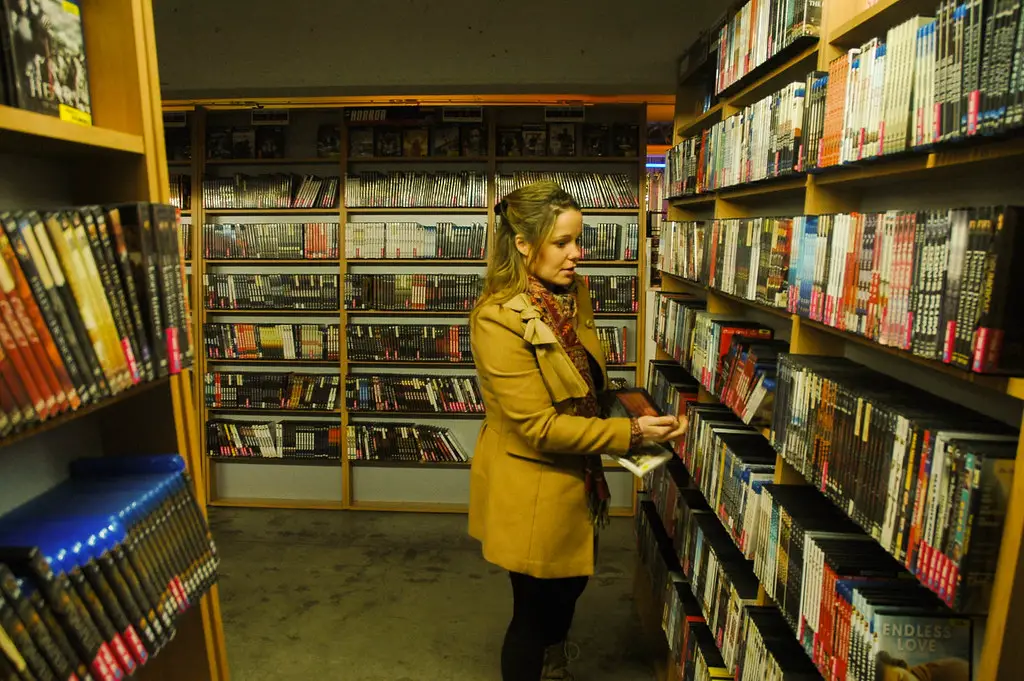
Remember the thrill of browsing shelves for Friday night movies? Video store clerks used to be neighborhood celebrities, handing out the latest VHS or DVD with a smile. But once Netflix launched its DVD-by-mail model—and then pivoted to streaming—the need for video rental stores quickly vanished, as reported by the Wall Street Journal. Blockbuster, once worth billions, filed for bankruptcy in 2010.
Clerks who used to have stable hours and steady work found themselves jobless as entire chains shut down. The job wasn’t just eliminated—it was wiped out by the way we consume media. Only a few nostalgic stores remain, more for novelty than function. Today, the concept feels like a relic from another lifetime.
3. Newspaper Typesetter

Before digital publishing, typesetters were crucial to printing newspapers, books, and magazines. These skilled workers arranged metal or digital text layouts, ensuring every page was precise and readable. But when desktop publishing and digital layout tools emerged in the late 1980s and ’90s, typesetting went the way of the dinosaur. According to The Atlantic, demand for this role dropped off dramatically with the rise of computer-based publishing.
Entire printing plants shut down or dramatically reduced staff. What was once a secure, union-backed job quickly became obsolete. As newspapers themselves struggled, support roles like this vanished even faster. A highly technical, respected trade simply couldn’t survive the shift to digital.
4. Switchboard Operator
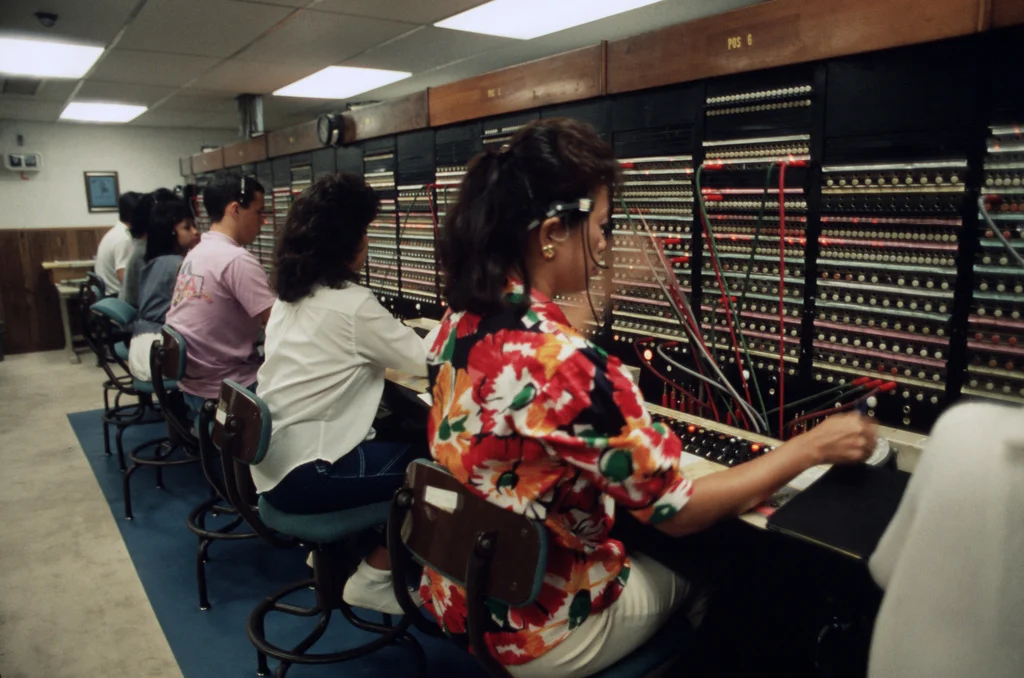
Once upon a time, switchboard operators were the lifeline of communication—connecting calls manually and keeping businesses running smoothly. In the early 20th century, hundreds of thousands of operators were employed across the U.S. But as automated telephone systems evolved, their roles were steadily replaced. According to History.com, the profession began fading in the 1960s and was mostly gone by the 1980s.
It’s a classic example of technology outpacing human labor. At their peak, operators symbolized professionalism and opportunity, especially for women entering the workforce. But when the machines took over, the need for manual call routing simply vanished. The job didn’t shift—it disappeared.
5. Film Projectionist

For decades, projectionists were the behind-the-scenes heroes of movie theaters. Running reels, adjusting focus, and swapping out film reels was a hands-on craft. But the industry shifted hard in the 2000s, moving toward digital projectors and automated systems. Suddenly, years of training became irrelevant overnight.
Theaters could run entire film schedules with minimal staff, slashing labor costs and eliminating technical jobs. While a few indie or arthouse theaters still use real film, they’re the exception, not the rule. For most, projectionists went from essential to expendable. The job may be romanticized now, but it was a casualty of efficiency.
6. Coal Miner
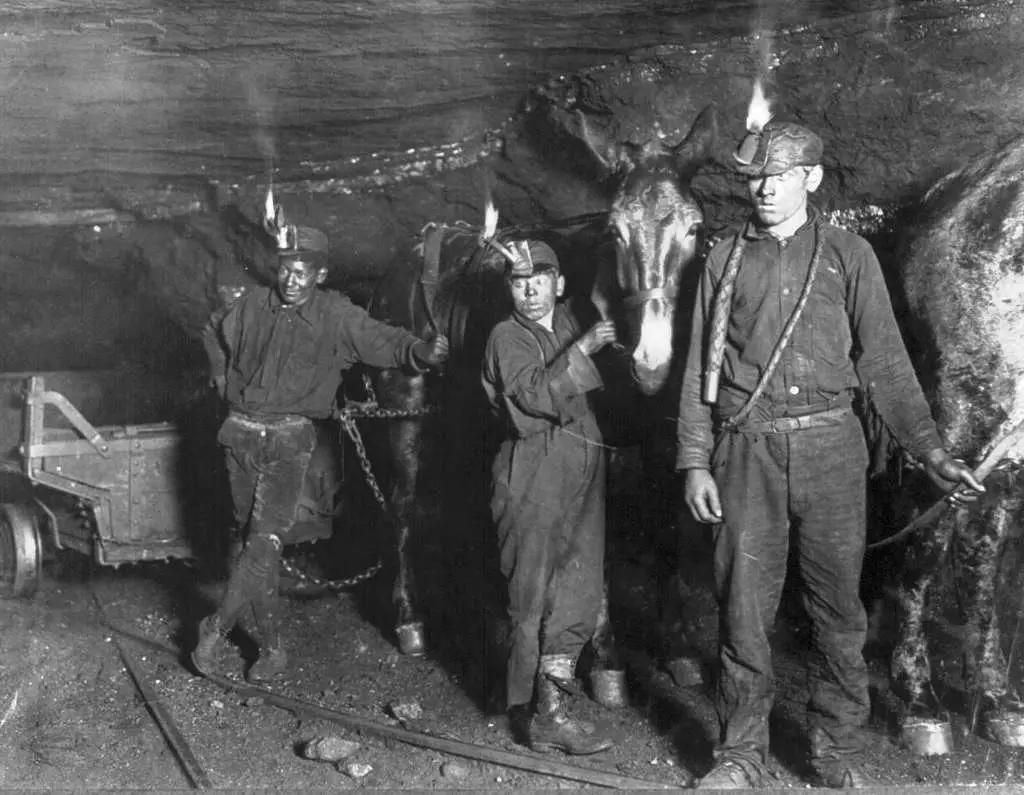
Mining was long considered one of the toughest yet most dependable jobs in many regions, especially in places like Appalachia. Generations of families relied on it for financial stability despite the risks. But cleaner energy, automation, and environmental policy shifts have gutted the industry. Even as politicians promise revivals, the numbers keep falling.
Thousands of mines have closed, and employment continues to trend downward. Those that remain open often rely on advanced machinery, cutting the need for manpower. What was once an economic backbone is now a fractured, declining sector. Entire towns have felt the impact of this job loss.
7. Film Developer/Photo Lab Technician

Back when people dropped off film rolls at Walgreens or a neighborhood camera shop, photo lab techs were in high demand. They processed negatives, printed photos, and kept memories alive. But the rise of digital photography and smartphones obliterated the need for printed photos almost overnight. Why wait a week when you can upload to Instagram in seconds?
Many photo labs shut their doors in the 2000s, unable to keep up with the digital wave. Some technicians retrained, while others were simply let go. The job was technical, artistic, and surprisingly precise—but now it’s nearly obsolete. A once-essential service faded with barely a whimper.
8. Telephone Installer
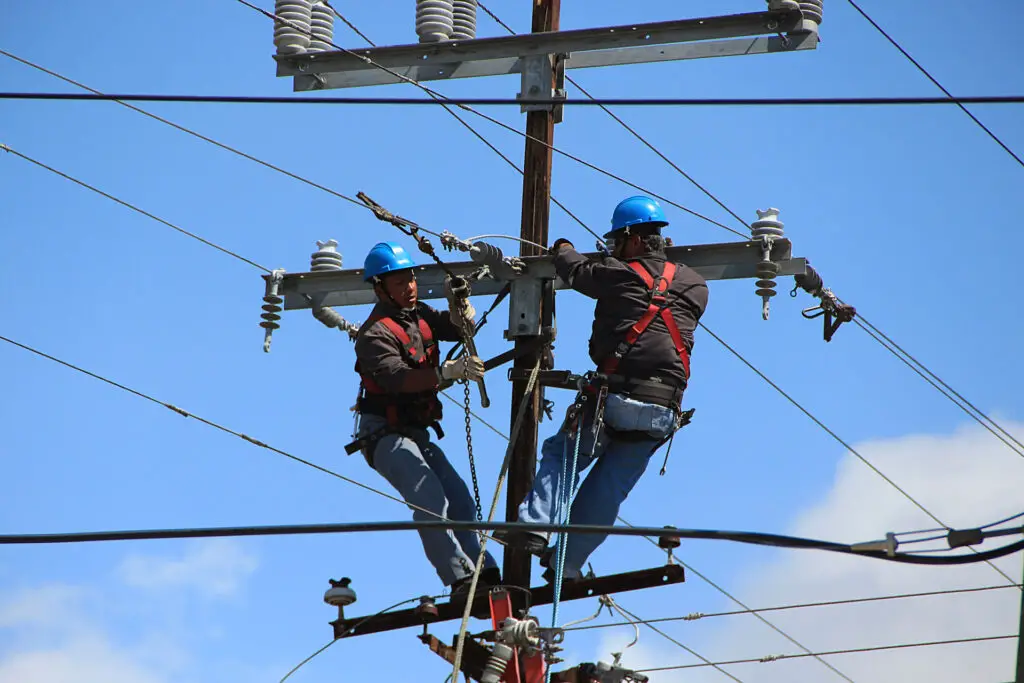
In the days before wireless everything, having a phone line installed was a scheduled event. Technicians would show up, drill through walls, and connect homes to the landline network. But the rise of mobile phones and internet-based calling drastically reduced the need for these services. People ditched their home phones—and the jobs disappeared with them.
Telecom companies now focus more on internet infrastructure than home phone lines. Landline use continues to decline every year, making this job increasingly rare. Some installers transitioned to fiber optic work, but many roles were phased out entirely. What was once a stable utility job now belongs in history books.
9. Bank Teller
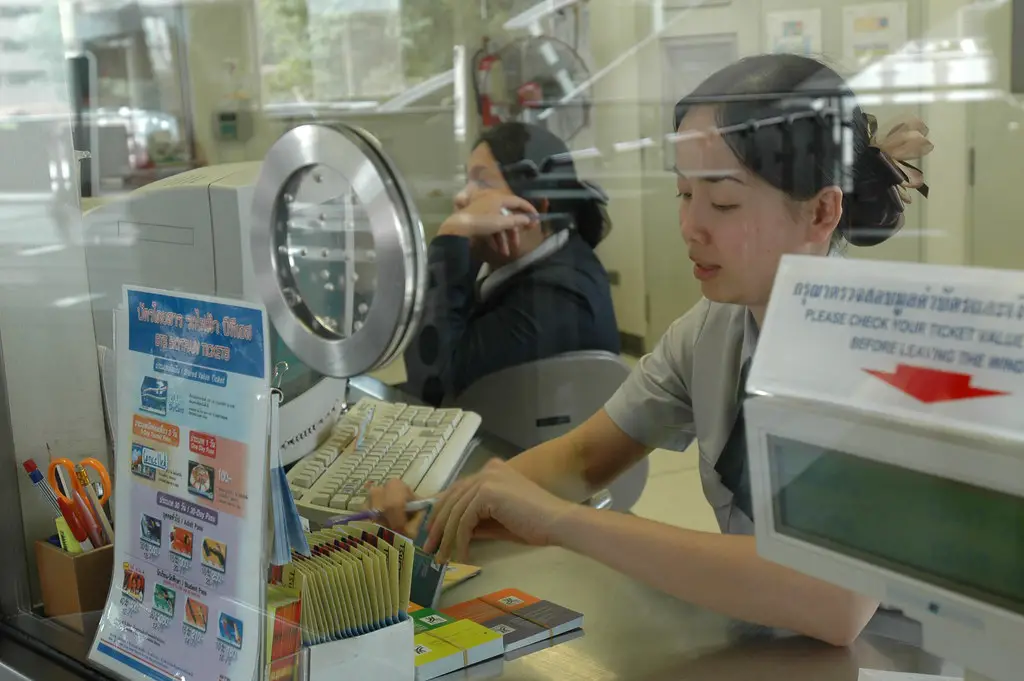
Bank teller jobs used to be a reliable career path, especially for those entering the workforce straight out of high school or college. But ATMs, online banking, and mobile apps have massively reduced in-branch traffic. Many banks have shut physical branches altogether or reduced hours, cutting the need for frontline staff. The job hasn’t vanished—but it’s on borrowed time.
Tellers who once processed deposits and withdrawals all day now find themselves directing customers to self-service options. Fewer entry-level roles exist now in traditional banking. The career path has narrowed significantly, and even long-time employees face uncertainty. What was once seen as a starter job for life has become a temporary stepping stone—if that.
10. Print Journalist

Print journalism was once a prestigious and stable profession, especially if you landed a job at a big-name paper. But the collapse of newspaper revenue and the shift to digital media turned this career upside down. Local newspapers shuttered, and national outlets slashed newsroom jobs in waves. Some estimates suggest that over 50% of journalism jobs have disappeared in the past two decades.
The internet changed how we consume news—and how it’s funded. Reporters had to adapt to blogs, social media, video content, and metrics-driven performance. For many, the job they trained for simply doesn’t exist anymore. It’s not that journalism died—it just got digitized and drastically downsized.
11. Travel Photographer (for Print Media)

Back when glossy travel magazines ruled the racks, being a travel photographer was a dream job and a full-time career. Major publications sent photographers around the world to capture jaw-dropping shots for spreads and covers. But as print budgets shrank and stock photography libraries grew, demand for original assignments dried up. Many photographers had to pivot to freelance or influencer-style branding just to stay afloat.
Today, the role is more about social media presence than magazine credentials. That shift made the career far less stable or secure. It’s still possible—but only for a lucky, tech-savvy few. The traditional job, backed by a publisher and paycheck, is mostly gone.
12. Radio DJ

Once the voice of your morning commute or late-night hang, the radio DJ was a true local celebrity. They played the hits, took requests, and even read school closings in snowstorms. But syndicated programming and streaming services have chipped away at local stations. Many DJs were replaced by automated playlists or national personalities piped in from corporate hubs.
Jobs that once felt secure for decades were lost in industry mergers and tech updates. While some DJs reinvented themselves as podcasters, many were left behind entirely. The human voice was replaced by an algorithm and a shuffle button. Another casualty of the digital age, silenced by convenience.
